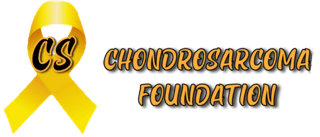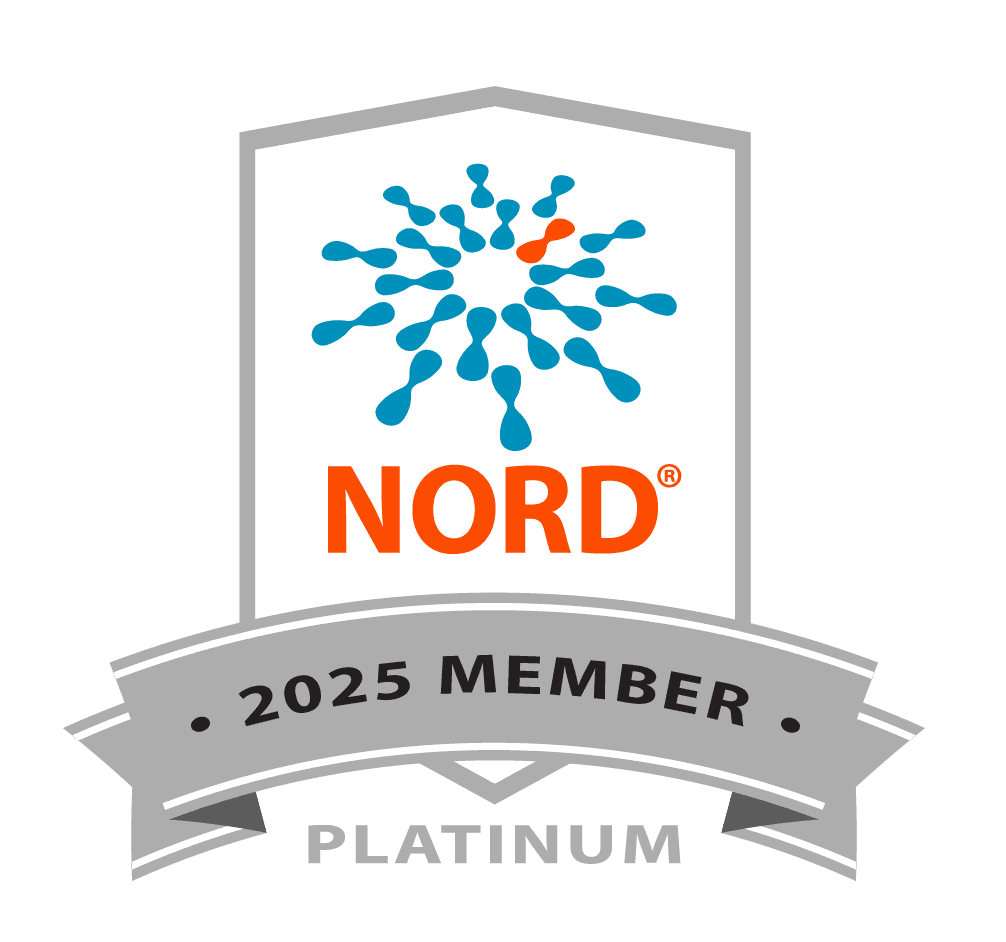Virtual Dialogue 4: Moving Forward
Virtual Dialogue 4: Moving Forward in Diagnosing & Treating Chondrosarcoma
Fourth International Virtual Dialogue
The Chondrosarcoma Foundation, Inc. hosted their fourth International Virtual Dialogue on April 30, 2022; featuring the following prominent experts to address new innovations, findings and technologies to improve the treatment of Chondrosarcoma.
Looking at INBRX-109 to Treat Chondrosarcoma
Anthony P. Conley, M.D. Associate Professor of the Department of Sarcoma Medical Oncology, Division of Cancer Medicine at the University of Texas MD Anderson Cancer Center in Houston, TX. and Principal Investigator for the Phase 2 Clinical trials for INBRX-109 reviewed the clinical trials he conducted using INBRX-109. The medication was recently granted orphan-drug designation by the FDA to treat conventional chondrosarcoma. Dr. Conley also discussed the future role medications like INBRX-109 will have in treating Chondrosarcoma.
Video 1:
Virtual Dialogue 4: Anthony P. Conley, M.D. on Vimeo
A Genetic Model for Chondrosarcoma Evolution that Examines Patient Outcomes / Prognosis
William Cross, PhD. a Research Fellow in the Department of Research Pathology, UCL Cancer Institute in London addressed his research findings of genetic mutations found in chondrosarcoma cells that may have direct implications for patient outcome. People with specific mutation combinations (in the genes IDH1 and TERT) do worse, hence they should be given more attention upfront. He discusses the need for testing the presence of these biomarkers following diagnosis, which is done for other cancer types and is cost effective in the modern oncology clinic.
Video 2:
Virtual Dialogue 4: William Cross, PhD. on Vimeo
Using Patient Registries to Advance Research and Treatment
Janet Mauro, BA, CCRC, Research Programs Associate, Regulatory Affairs at the National Organization for Rare Disorders, Inc. (NORD®) discusses the NORD: IAMRARE® Patient Registry Platform, and identifies the benefits of implementing a Patient Registry / Natural History Study, the type of information collected and how patient-entered data can be used to advance research and treatment. Ms. Mauro also addresses concerns about security, privacy, confidentiality and other relevant issues.
Video 3:
Virtual Dialogue 4: Janet Mauro on Vimeo
Open Discussion
A question & answer session and open discussion of the topics presented above by the participants of the Virtual Dialogue.





